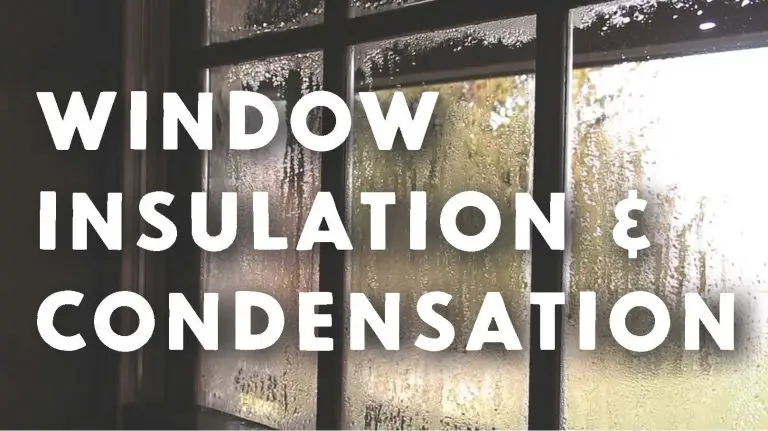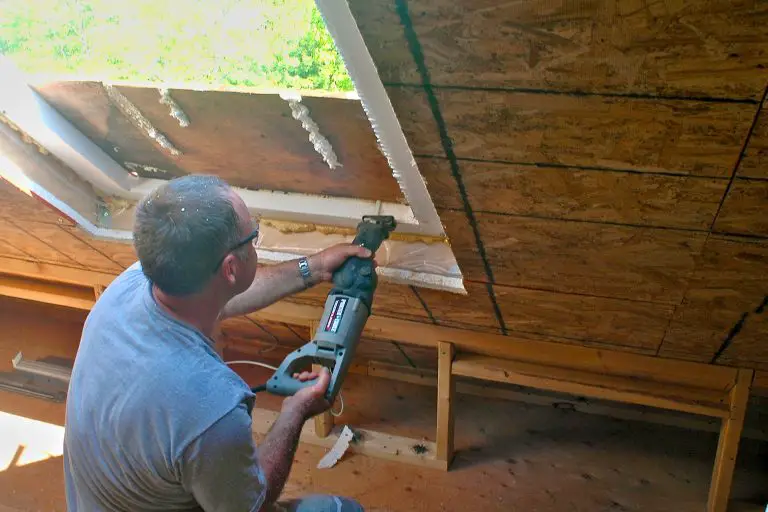In a 2022 report, several insurance advisers claim that multiple buy-to-let properties are either underinsured or uninsured. One reason for this is that landlords and tenants alike aren’t well-informed that they should buy insurance after the initial let. The thing is, home insurance is deemed necessary to protect landlords from the costs caused by tenants’ damages or even loss of rent. If you rent out residential properties, read on to find out the risks you face and how to eliminate them.

How about Tenants?
Apart from protecting the personal property of tenants, home insurance protects tenants from problems they may cause. When it comes to negligence accidents that cause third-party injuries or property damage, tenants are held financially and legally liable. In the worst scenarios, tenants end up paying hefty legal costs to the extent that it may cause bankruptcy. But if you have home insurance, you’ll be financially covered.
What other things do you need to know about home insurance as a tenant? Here are five frequently asked questions about buying renter’s insurance for buy-to-let properties.
1. What are the benefits of insurance?
Tenants take out home insurance to cover their personal properties and liabilities, which aren’t their landlords’ responsibilities. For example, most tenants are responsible for all the fixed installations and furnishing in a rented home. If a fire, explosion or damage caused by tenant equipment inside the property, tenants should compensate the landlord. But if tenants are insured, the insurance companies will cover these costs.
2. What is covered by home insurance?
A standard homeowners insurance policy for renters covers a handful of perils. If you’re unsure what is a peril in insurance, it’s an event or specific risk that can damage your belongings and properties (or your landlord’s). Here are some examples of the most common covered perils in standard insurance policies:
- Theft
- Falling objects
- Vandalism and malicious mischief
- Explosion
- Fire and smoke
- Floods
- Lightning strikes
- Windstorms and hail
- Weight of ice, snow or sleet
- Water damage
Here are a few reminders. First, while insurance companies may cover stolen items, you’re responsible for the cost of replacing any lost and misplaced items. Lastly, all home insurance policies have different amounts of insurability, so be sure you understand yours completely. Ask your insurance provider if anything is unclear.
3. What insurance gives full protection?
Insurance that gives complete protection varies from person to person. A standard insurance policy is based on the needs of the general public. So if you own more things to protect, perhaps that an average household doesn’t have, basic coverage may not give you full protection.
The good news is that investing in insurance riders or endorsements on top of your insurance policy can offer additional coverage and added protection against risks. For example, if a tenant owns expensive jewellery, it pays to add jewellery coverage. In the event of damage, theft, accidental loss, and mysterious disappearance, this rider covers the full value of your jewellery.
Another example is that if you’re running a home business, you may want to consider including business property coverage in your policy. This rider helps you to protect business-related items, such as your products or equipment, stored in your rented property.
Depending on your wants, other insurance riders may be available to add to your policy. Again, it’s best to seek professional help from reputable agents when finding good endorsements that fit your needs or identify coverage gaps that may exist in your current policy.
4. How much is a home insurance premium?
Most home insurance policies are calculated based on your property’s floor area plus the coverage you’ll be opting for. Typically, the more protection you get, the higher the premium you pay. But on average, according to the Association of British Insurers (ABI), a home insurance premium for renters costs £135 per year.
Moreover, other external factors affect your insurance premium, besides the level of cover you select. Take your address as one example. Areas with a high crime rate probably have higher premiums.
On the other hand, you’ll be able to reduce your premium if you have a security system in your rented home. You’ll also be able to save money if you pay for your policy in full for one year ahead of time. This is because most insurance companies charge interest for monthly premiums.
5. Are there other home insurance plans on the market?
Yes. Different home insurance plans offer different terms and conditions. For coverage, there’s a myriad of options you can choose from. There are unique coverages that offer protection for pets, plants, electronic gadgets, frozen food and beverage, outside door locks, window and key reset, and so much more. The best person to ask about this is an insurance agent. Just tell them what you want to cover, and they’ll find the best option for you.
Final Thoughts
Bear in mind that more insurance policies don’t mean extended coverages. In most cases, they just mean higher premiums. This is why the best thing to do is find an insurance plan that exactly covers what you need. Ask for professional advice from real estate agents for better results.












